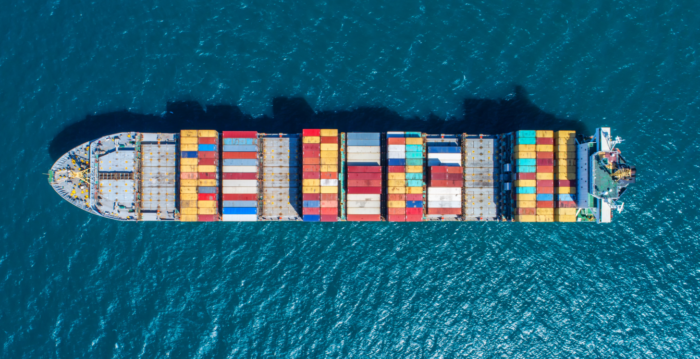According to Reuters, the Baltic Exchange’s main sea freight index showed a decrease on ships transferring dry bulk commodities because of the lower demand for capesize vessels.
Specifically, the Baltic Index which shows the rates for capesize, panamax and supramax vessels experienced a decline by 51 points, equal to 2.9%, to 1,731.
Moreover, the capesize index was down by 100 points, or 3.2% to 2,978 points, its lowest in a week.
In the meantime, the average, daily earning for capesize vessels’s transportation is about 170,000-180,000 tonne cargoes such as iron ore and coal, which fell by $766 to $24,918.
Another decrease was seen at the panamax index for the thirteenth straight session, decreasing to 31 points, or 2.0%, to 1,543.
Average daily earnings for panamaxes, which usually carry coal or grain cargoes of about 60,000 tonnes to 70,000 tonnes, fell $254 to $12,380.
Concluding, the supramax index declined by 36 points to 1,091.
Recently, the Baltic Index Council reported that announced that the Baltic will be adding clarificatory wording to its Capesize, Panamax, Supramax and Handysize vessel descriptions to confirm that the index vessels are not scrubber-fitted, aiming to compliance with the IMO’s 2020 sulphur cap.






























































